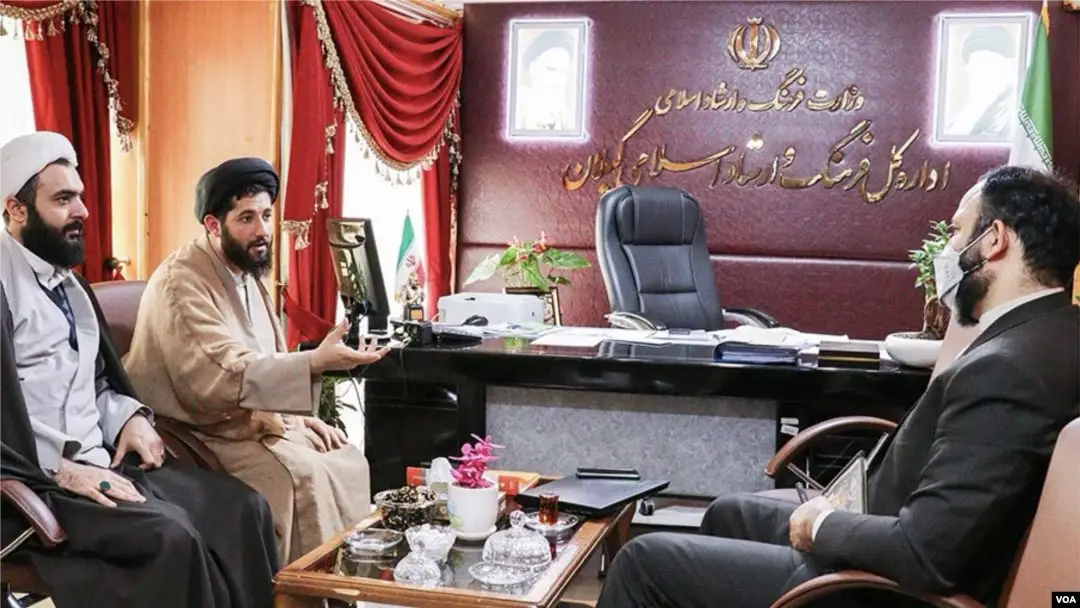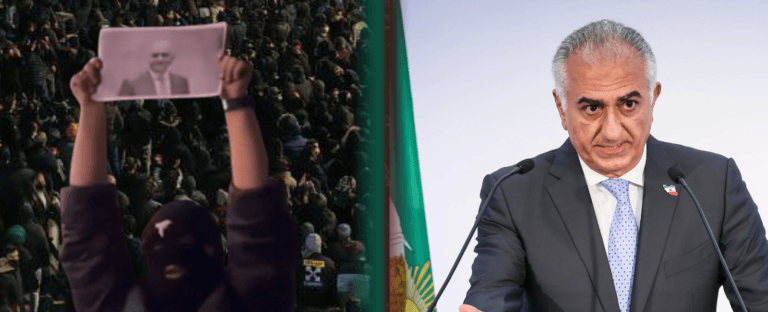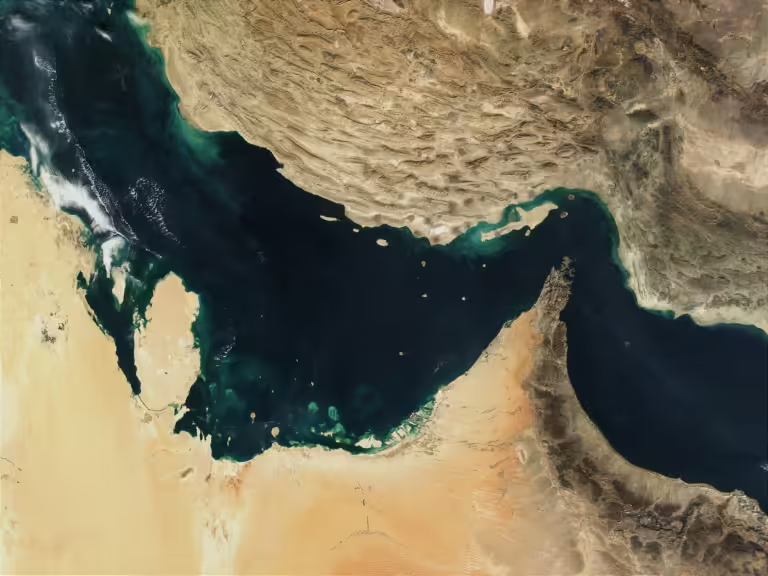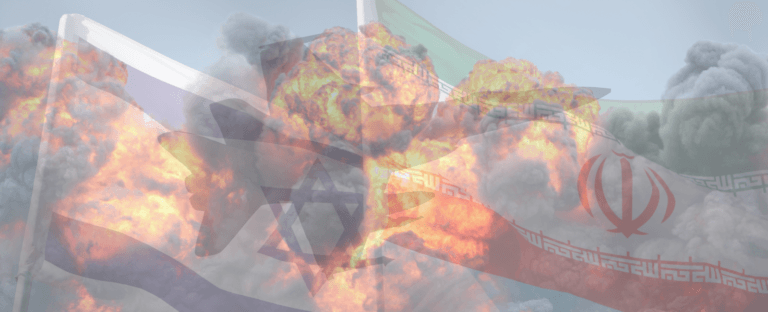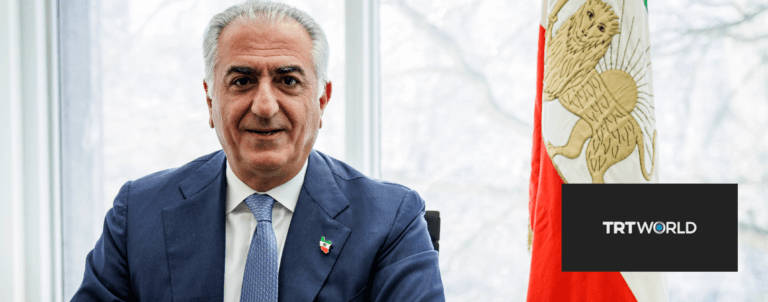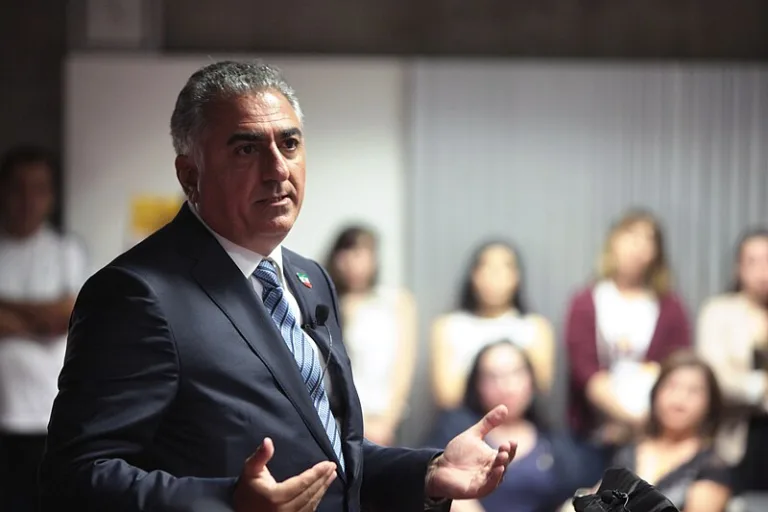The Moral Contradictions of Iran’s Islamic Regime
Recent scandals in Iran’s province of Gilan have exposed a deep-seated hypocrisy within the Islamic regime, revealing a contradiction between public moral posturing and private conduct. High-ranking officials have been caught in explicit acts, leading to public outrage. These scandals are not isolated incidents but reflect a systemic failure to uphold Islamic laws and moral codes, calling into question the integrity of a regime that has seemingly lost its way.
In the Islamic Republic of Iran, a theocratic dictatorship governed by strict Islamic laws and moral codes, the echoes of history reverberate through the corridors of power. His Majesty Mohammad Reza Shah Pahlavi was once accused of moral corruption, a charge that resonated with the Islamists who revolted against him in 1979. Recent scandals, however, have cast this historical judgment into sharp relief, revealing that the Shah was just and morally sane, while the Ayatollahs, who once accused him, now find themselves embroiled in scandals that expose them as the actual perpetrators of moral decay and corruption.
The Gilan Scandals: A Symptom of a Deeper Malaise
The province of Gilan in Iran has become the epicenter of a series of sex scandals involving Iranian officials. These are not isolated incidents but rather symptomatic of a broader moral crisis within the regime.
Reza Saghati, the director-general of the Office of the Ministry of Culture and Islamic Guidance in Gilan province for several years, was caught on video engaging in same-sex intercourse. Known for his hardline stance and leading the “Neighbourhood Hijab and Virtue Chastity” watchdog campaign in Gilan, he was dismissed from his position.
Another released clip shows Mohammad Safari, a member of the Anzali Municipal Council in Gilan, engaging in explicit sexual acts and smoking opium, sparking public outrage.
Perhaps the most startling revelation involves Mahdi Haghshenas, a Mullah and the former deputy of the Office for the Propagation of Virtue and the Prevention of Vice in Gilan. He was implicated in an explicit video having sexual intercourse with his wife’s sister’s husband, also a Mullah.
These recent revelations recall other scandals, such as the case of Saeed Toosi, a prominent Iranian Qur’an reciter was accused of sexually abusing nineteen of his prepubescent Qur’an students. Despite the serious allegations, Tehran’s court acquitted Toosi in 2018. Another unsettling incident revolves around the Islamic Guidance House in Karaj, a city near Tehran. This private facility, supervised by the Noor Foundation, which was founded and is led by the high-ranking IRGC official, Brigadier General Mohsen Rafighdoust, was responsible for providing care to young girls who were homeless, with the aim of preventing them from engaging in prostitution. However, allegations emerged concerning the sexual abuse of these girls. Among those implicated, Hojjat al-Islam Hadi Montazeri Moghadam, who held the position of head of the Revolutionary Court in Karaj, was later convicted and sentenced to a prison term.
The Hypocrisy and Moral Decay of an Islamic Regime
These scandals have exposed a deep-seated hypocrisy within the regime, revealing a significant contradiction between the public image the regime seeks to project and the private behavior of some of its members. The leaks may stem from infighting within Iran’s conservative political camp. Others have reiterated that so-called “honey trap” operations and accusations of extramarital affairs have likely been used to discredit opponents. Regardless of the motivations, these officials have willingly and knowingly acted upon their sexual desires.
The regime’s handling of these scandals, including attempts to cover up or downplay them, has further eroded trust in the government. The judiciary’s response has been criticized as inadequate, and the chief justice’s comments have only fueled public anger. The scandal reached the highest echelons of the Islamic regime in Tehran and was mentioned in Iran’s National Security Council. Judiciary Chief Gholamhossein Mohseni-Ejei warned people against believing “rumors” and urged them to check the veracity of any news sources. He added that issues “should be resolved within the family,” referring to the ruling political establishment.
Much of the criticism leveled against the state following the scandals has come at the expense of Iran’s LGBTQ+ community. Iranians are angry about the hypocrisy, not the sexuality of these people. Social media users criticized Saghati and the establishment for their “hypocrisy.”
The current situation involving the Ayatollahs paints a starkly different picture from the accusations once leveled against the late Shah. The scandals are only the tip of the iceberg, and the regime’s willingness to suppress justice and the well-being of its citizens to protect its reputation further highlights the moral decay within the system.
The unfolding scandals in Iran are more than mere salacious details; they are a profound indictment of a regime that has lost its way. These revelations, far from being isolated incidents, reflect a systemic failure to uphold the very principles that the regime claims to champion. The moral decay and hypocrisy exposed by these scandals are not just a crisis for the individuals involved but for the entire governing structure. They call into question the integrity of a regime that has long professed a commitment to Islamic laws and moral codes, revealing a disconnection between public posturing and private conduct.

